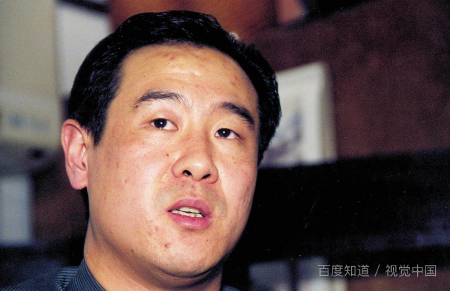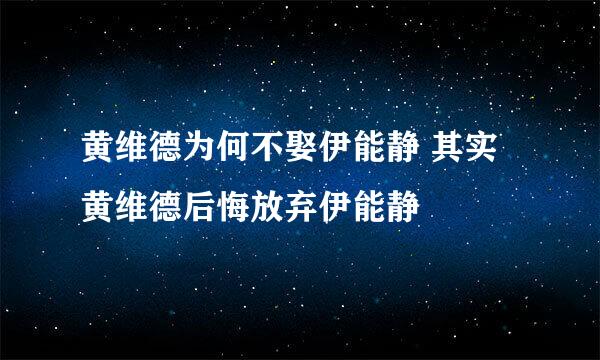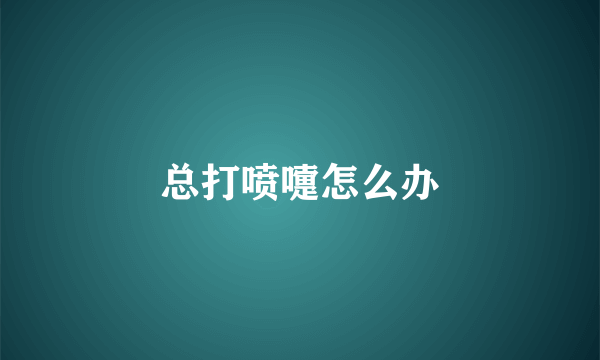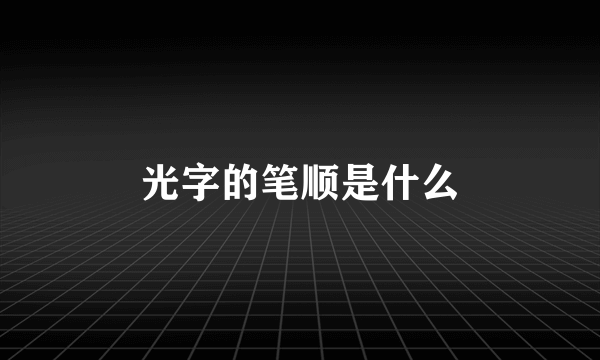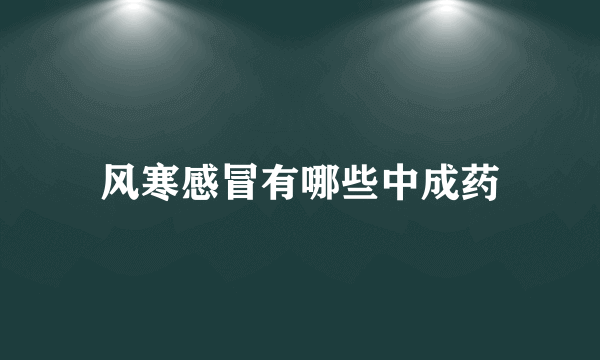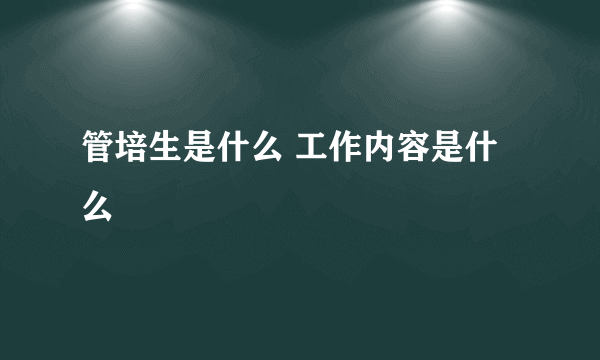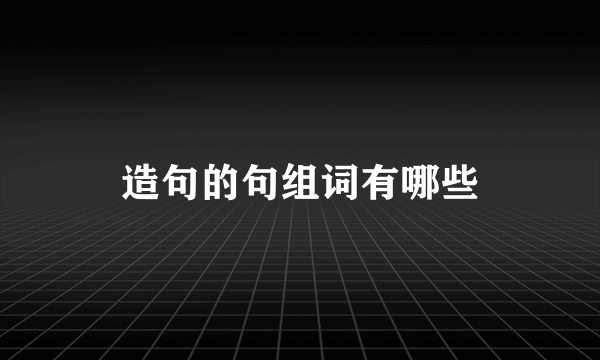
1、did是do的过去式,过去分词为done。他是助动词。
2、它的意思是做;干;学习;研究。
3、表示加强语气。
扩展资料:
助动词的作用:
1)协助主要动词构成谓语动词词组的词叫助动词(AuxiliaryVerb)。被协助的动词称作主要动词(MainVerb)。
助动词自身没有词义,不可单独使用,例如:
He doesn't like English.他不喜欢英语。
(doesn't是助动词,无词义;like是主要动词,有词义)
2)助动词协助主要动词完成以下功用,可以用来:
a.表示时态,例如:
He is singing.他在唱歌。
He has got married.他已结婚。
b.表示语态,例如:
He was sent to England.他被派往英国。
c.构成疑问句,例如:
Do you like college life?你喜欢大学生活吗?
Did you study English before you came here?你来这儿之前学过英语吗?
d.与否定副词not合用,构成否定句,例如:
I don't like him.我不喜欢他。
e.加强语气,例如:
Do come to the party tomorrow evening.明天晚上一定来参加晚会。
He did know that.他的确知道那件事。
3)最常用的助动词有:be,have,do,shall,will,should,would
1.am,is,are,was,were
2.will,shall,would,should
3.do,does,did
4.have,has,had
小结练习:总之,助动词可以理解为"帮助动词构成时态,语态,问句,否定句,以及加强语气的词.找出下列句子中的助动词:
1.Theyareworkingonline.(are)
2.ThiskindofmachinesaremadeinTianjin.(are)
3.Areyouallright?(are)
4.Youarenotstrongenoughtoworkalldaylong.(are)
5.Theydohelpyou.(do)
6.Ihaveneverbeentherebefore.(have)
7.Mypartnerdoesn'tlikeplayingfootball.(does)
标签:did

